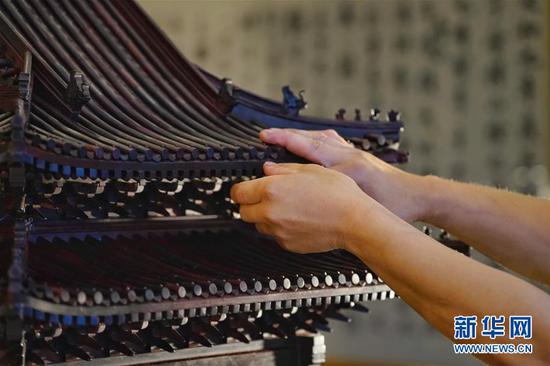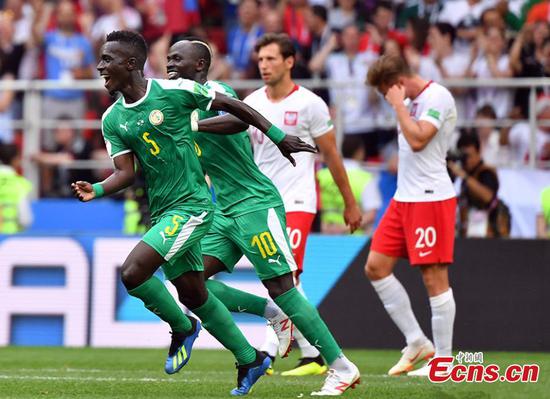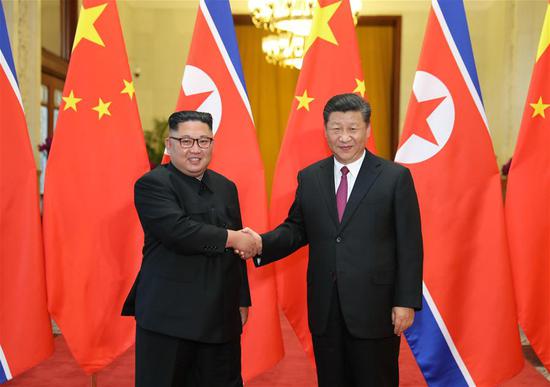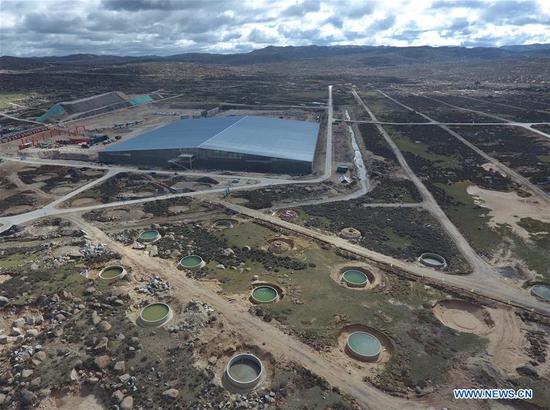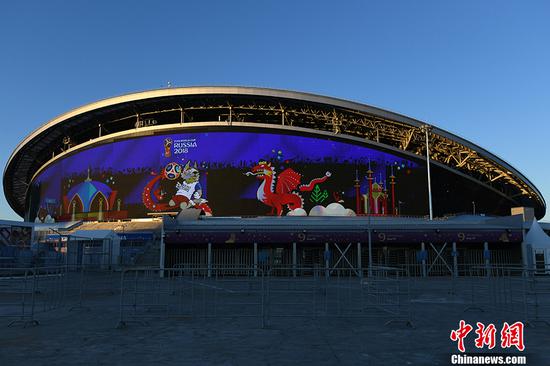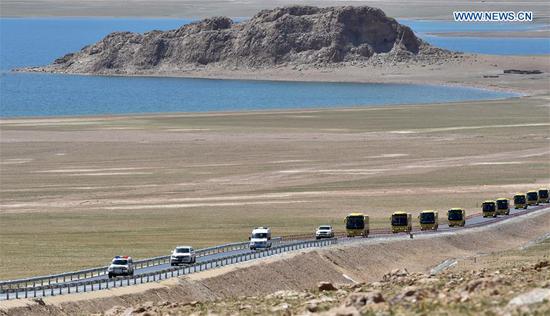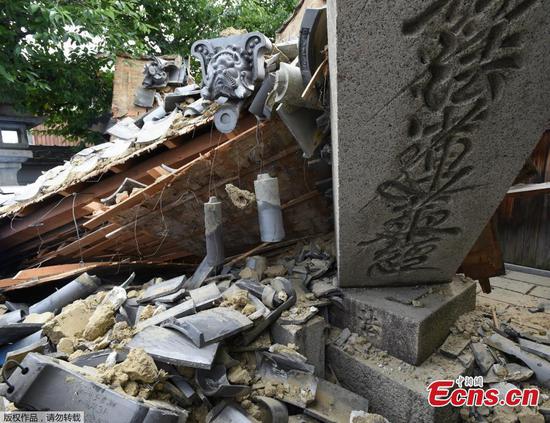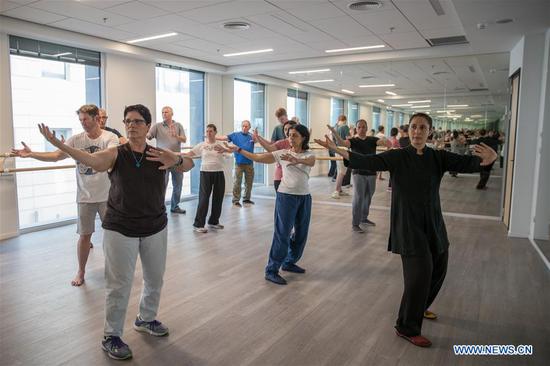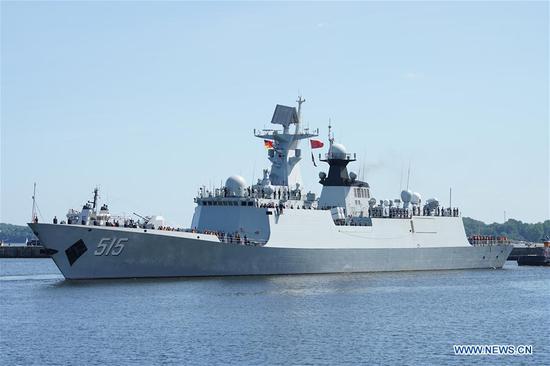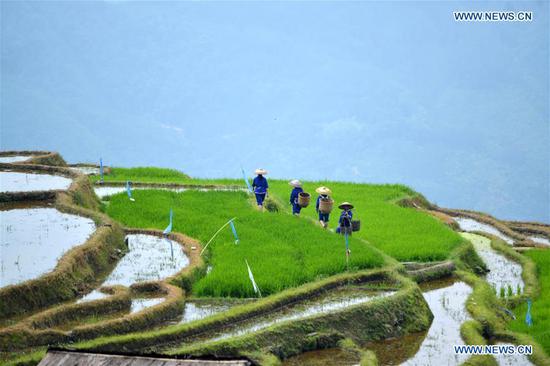Washington's trade war against China and some U.S. allies is "extremely unwise and so unnecessary," said a renowned Singaporean expert on Asian and world affairs.
The move is detrimental both to the American middle class and to the multilateral institutions in the world, Kishore Mahbubani told Xinhua in a recent interview.
"The U.S. economy is doing well. You don't need to do this. You are only damaging the prospects for the American workers and American middle class by launching this trade war," said Mahbubani, senior advisor and professor in the practice of public policy at the National University of Singapore.
Among many others, U.S. equipment manufacturers and agricultural associations have already voiced strong opposition to Washington's decision to move forward with tariffs on Chinese goods, saying it will put over 1 million jobs in America at risk and inflict heavy losses on the U.S. side.
Meanwhile, "in the case of this trade war, not a single ally of the United States is supporting it," said Mahbubani, noting that the United States is also targeting Canada, the European Union, Mexico and Germany, among others.
Commenting on the consequences of Washington's tariff plans, the former Singaporean permanent representative to the United Nations said his biggest worry right now is the World Trade Organization (WTO).
Such moves "are going to damage international confidence significantly in the WTO," said the professor. "We must do our very best to protect the WTO in the next five to 10 years and make sure that it survives."
The WTO is an intergovernmental organization established to regulate international trade. One of its primary functions is to serve as a framework for settling trade disputes.
Mahbubani called on the United States and other Western countries to respect and utilize multilateral institutions.
"The best way the United States and the West can handle these relations with the rest of the world is to use multilateral institutions, because multilateral institutions create a level playing field for everyone," he said.
Zooming out on the international landscape, Mahbubani said that the West is "feeling quite lost" due to the phenomenal growth of emerging-market economies such as China and India.
"You have to adjust. It's a different world," said the academic and former diplomat. "You cannot keep on dominating the world, guiding the world, trying to decide for other societies what they should do."











